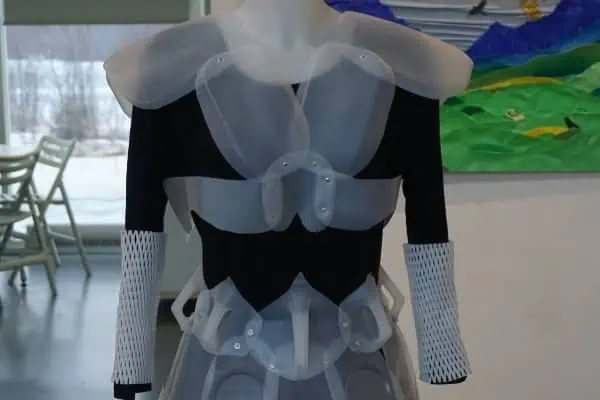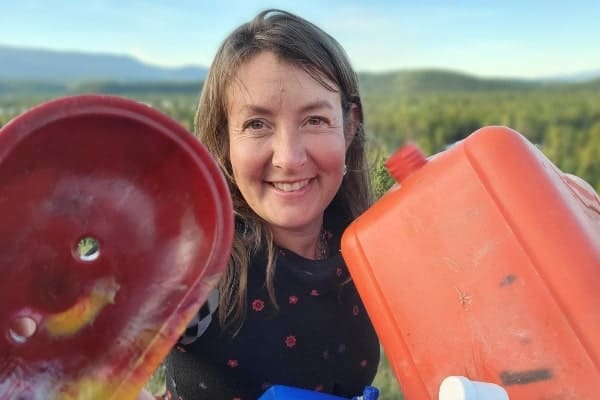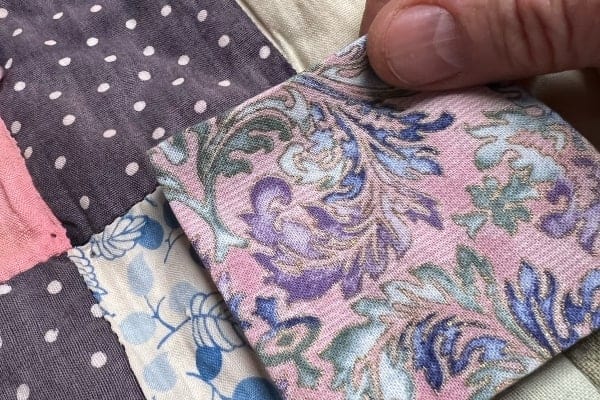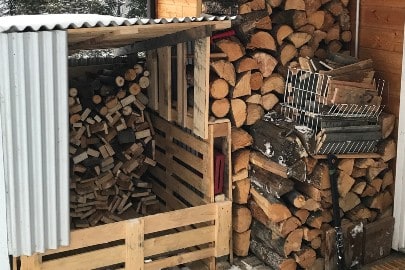Ahh, the Yukon! A space of boundless nature and mighty, human-built monuments – like my abandoned 1985 Ford Tempo. Rusting and rotting in the woods, our old family car always brings a smile to my neighbour’s face. It’s hardly even hazardous anymore, having dropped its antifreeze in 1999. Better yet, the oil weeped away ages ago. This fine piece of engineering is practically wildlife habitat, given how much the mice like it. And whenever tourists come down this road they will say, “hey, check out that 1985 Ford Tempo! Now I have seen it all!”
And really, leaving my Tempo where it rots is the most affordable option. Otherwise, it would really cost me. Between the towing and the fees at either a scrapyard or Raven Recycling, I’ll end up paying out $300. If we were down south, I would be paid for my vehicle and would definitely get this done, but here in the Yukon, why bother?
Sarcasm aside, abandoned cars are an unfortunate part of Yukon’s landscape, one that’s impossible to overlook. Since the construction of the Alaska Highway, cars have come up to the Yukon to die, unceremoniously pushed into valleys, creeks and forests. Now some of those old trucks are a source of antique reverence to the past, but today more and more are family cars like my Ford Tempo. These vehicles risk our environment as their hazardous parts degrade and enter our soil and water. With Yukon’s growing population, an estimated 10,000 vehicles will come to the end of their life in the next 10 years. We can predict that a large portion of them will be left to rot away in our “pristine” environment.
What we need is a plan to ensure these vehicles make it to scrap yards. That way they can contribute to the repair of vehicles on the road, or to recycling where their valuable metals are sustainably reused. A simple solution would be a fee on new car sales to cover the cost of recycling when the car no longer has any other value. A $400 charge on a $40,000 new car is a 0.01per cent charge at purchase and it would make sure that cars would stop getting pushed into valleys, rivers and forests. This is exactly the model for electronic waste, which has been successful at diverting toxic electrical components (such as mercury and lead) away from our landfills.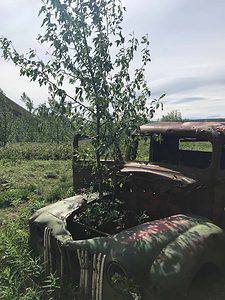
People across the Yukon are frustrated with the piles of old cars littering the landscape. It’s time to change this predictable and solvable environmental issue. Raven Recycling and Zero Waste Yukon are pushing for policies that ensure end-of-life vehicles are managed in a way that ensures they don’t enter our landscape and that their hazardous components are disposed of properly. Raven Recycling just wrapped up a photo contest featuring abandoned vehicles on public land to raise awareness about this issue, called Rec(ycle) Your Wreck. To celebrate the conclusion of the contest, Raven will be hosting a car recycling event where a number of abandoned vehicles from our community will be recycled for free. For more information, see Raven’s Facebook page or ravenrecycling.org.

